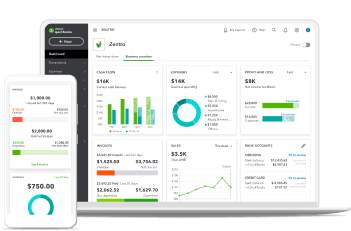E-invoicing compliance: what to expect in South Africa and beyond
As mentioned, by adopting an electronic invoice system now, businesses will be prepared for any potential future regulations mandating its use—which is being seen in other countries. South African companies that start using e-invoicing early will have an easier transition if and when SARS mandates its implementation.
SARS is gradually introducing more stringent regulations, especially for VAT-reporting entities. In December 2021, new rules outlined detailed requirements for electronic invoices, such as including the provider’s VAT number, a full description of services, and storing invoices for at least five years.
It is interesting to consider this in light of other African countries. There are efforts to unite African countries into a bloc resembling Europe’s Social Security-European Public Procurement Online (PEPPOL) system. PEPPOL is a standardised system that facilitates the exchange of electronic documents, such as e-invoices, between companies and government entities across Europe.
By using PEPPOL, businesses can send invoices, orders, and other documents electronically through a secure, unified network in compliance with local regulations.
However, in Africa, each country has developed its own electronic auditing systems rather than adopting a continent-wide standard. As a result, electronic invoicing solutions are mandatory in countries like Egypt, Nigeria, and Angola but not in others (like South Africa).
Regardless of whether Africa imposes a continent-wide entity, the trend here is clear: investing in electronic invoicing software now is a good idea to jump the gun on future regulatory shifts.

